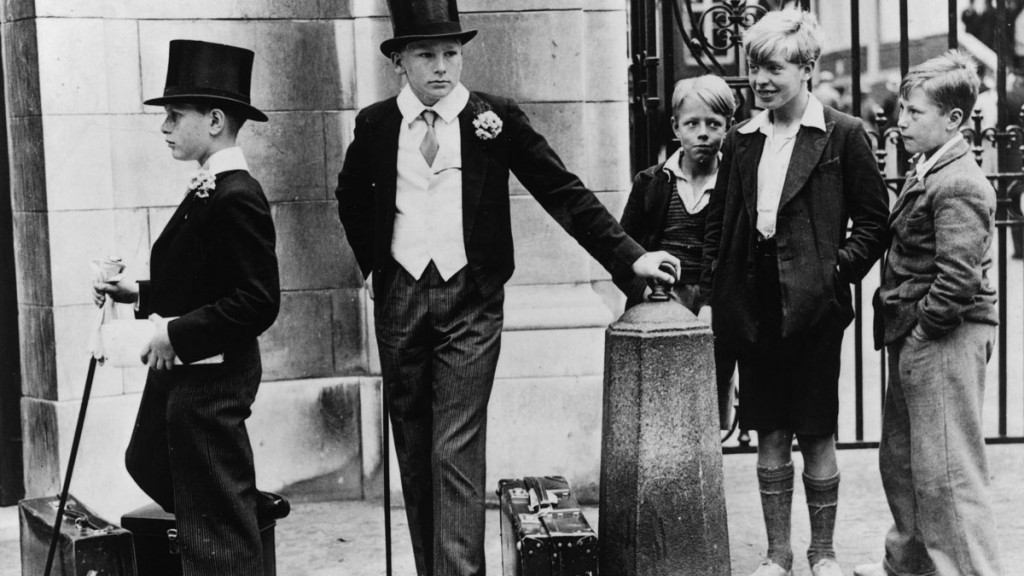
I wrote here earlier this week about what we reckon Jeremy Corbyn should be lobbying for if he really wants to have a go at reducing income inequality. But I do think that it is worth us pointing out here (again) that income inequality in the UK has not been rising for years.
You might think it is too high – but it is falling, not rising. As the ONS pointed out recently, last year, inequality in the UK – as measured by the Gini coefficient – fell to its lowest since 1986.
Since the financial crisis, the incomes of the poorest fifth of households in the UK has risen by over 13% in real terms and that of the best paid fifth has fallen 3.4%. Yes, the poorest have gained the most and the richest lost the most – not the other way around.
There are problems within this seeming success. The first is that a lot of it is about pensions: the triple lock has meant that the real gains have gone to pensioners rather than to working people.
And the second is that the changes are mostly about redistribution via the welfare state. Taxing the top more. Taxing the working poor less (the rise in the personal allowance) and handing out lots of benefits along the way.
It’s good that this works. But it would be much better if it didn’t have to – if wages were rising faster at the bottom for example and if there was less excess at the very top too.
However, for that we are going to need to encourage capitalism to do its job better, rather than just demanding, Corbyn style, the continual divvying up of a static cake.
That means serious productivity gains on one hand and some serious shareholder action on the other (what we reckon Jeremy Corbyn should be lobbying for!).